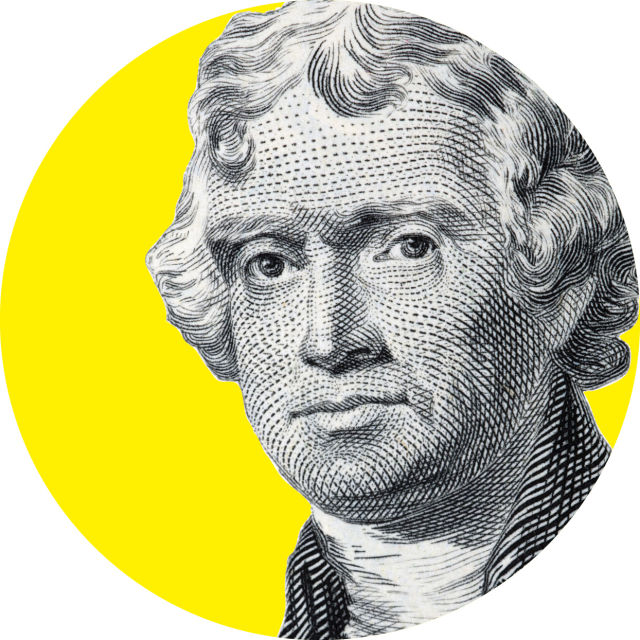Does Jefferson High School Need a New Name?

Jefferson High wasn’t always Jefferson. For about a year after the North Portland school opened in 1908, it was called Albina High School, after the city that Portland had annexed a couple of decades earlier. Then in 1909—at the same time West Side High became Lincoln and East Side High became Washington—the school board voted unanimously to change Albina High to Jefferson.
They renamed it once. Why can’t they do it again? That is the question Clifford Walker, 74, wants answered. Jefferson High School, for a long time a majority African American school (it dipped below 50 percent black only in the past two years) in a historically African American neighborhood, is named after a Virginia slave owner. And that is a problem, says the class of ’61 graduate.
“The high school is probably the centerpiece of our neighborhood,” he says. “Do people really understand who Jefferson was, and his feelings toward people of color? I’m real quick to say schools shouldn’t be named after racists. It seems obvious to me.”
Walker thinks the school’s new name should honor a woman, an African American, or an abolitionist. He cites Frederick Douglass, civil rights activist Paul Robeson, or Lewis and Clark Expedition member York as candidates.
Naturally, the issue is not without controversy. At a February Humboldt Neighborhood Association meeting with current Jefferson students, Walker says that, while some agreed that a statue of Jefferson should be removed from outside the school’s front door, others didn’t understand why the name should get any attention when the school is faced with many other problems. Says Walker, “Their question was, ‘Why are we even here talking about this, when we need to get drinking water in the schools, and get rid of the asbestos and the rats?’”
HNA chair Anne LaBorde says while the board’s standing policy is not to support naming buildings after slaveowners, they respect that a name change goes directly to the core of other concerns.
“It’s very, very interesting: the personal identity versus historical significance,” she says. “There’s a real concern that changing the name does reflect further gentrification of this neighborhood, a loss of this neighborhood’s identity.”
LaBorde says Jefferson students did offer an intriguing compromise to the board: get rid of the statue and strike out the word “Thomas.” In other words, allow the school to keep being Jefferson, without referencing a historical individual.
As of press time, students and alumni are working to set up a meeting to vote on whether to bring the issue to Portland Public Schools.
“I’m a dyed-in-the-wool Jefferson High School blue-and-gold Democrat,” Walker says. “But I’m willing to set that aside for some progress. We’re getting the discussion, and that was what was needed.”




